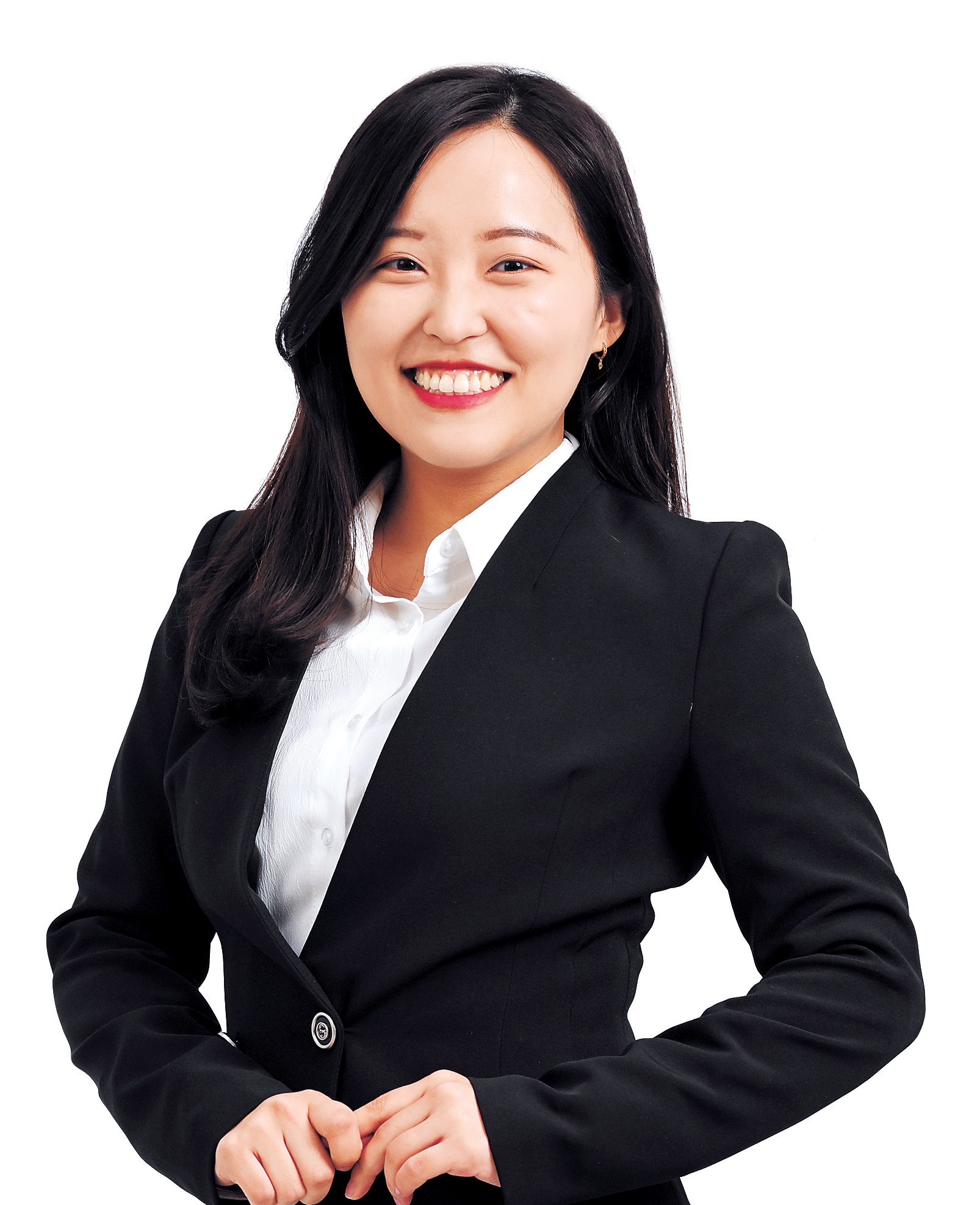Most doctors refuse to end strike on last day of ultimatum
Government offers to increase No. of professors at major state-run medical schools, begins conversation with doctors on strike
By Lee Jung-jooPublished : Feb. 29, 2024 - 17:44

Only 294 of 9,000 striking junior doctors on strike returned to work on Thursday morning, the Ministry of Health and Welfare said Thursday.
Thursday is the final day of the back-to-work deadline set by the government, with officials warning that the doctors could have their licenses suspended if they fail to heed the ultimatum.
The Health Ministry has said the government is prepared to take legal steps beginning March.
On Wednesday, the Health Ministry said that its officials had visited the homes of trainee doctors to deliver back-to-work orders, as a final step to allow the government to file criminal complaints against those who refuse to comply. Previously, the government had issued back-to-work orders via text messages, which many trainee doctors avoided accepting by turning off their phones.
For doctors who continue to refuse to comply, the government maintained a hard-line stance, saying that it would charge them for violating the Medical Service Act, which could lead to a suspension of their medical licenses.
As of Wednesday, the government issued 9,438 back-to-work orders and up to 7,854 trainee doctors had refused to comply.

According to the Health Ministry, as of 7 p.m. on Wednesday, up to 9,997 doctors across 100 hospitals submitted their letters of resignation, making up 80.2 percent of the total number of trainee doctors. Up to 9,076 doctors were recorded to have left their workplace, making up 72.8 percent of the total number of doctors -- a small decrease from the percentage of doctors who left the workplace on Tuesday at 73.1 percent.
Thirty two hospitals saw more than one doctor return to work, while 10 hospitals saw more than 10 doctors return. “One hospital also saw 66 doctors return to work,” said Second Vice Health Minister Park Min-soo at the press conference on Thursday.
Several major hospitals including Konkuk University Medical Center, Wonju Severance Christian Hospital and Samsung Medical Center announced Wednesday that they were unable to process the letters of resignation submitted by trainee doctors “due to state orders from the Ministry of Health and Welfare.” According to the announcement, all resignation letters submitted until Thursday will be discarded and all trainee doctors will be appointed as medical specialists from March 1.
“Those who do wish to resign must file a new resignation letter after March 1,” said the announcement issued to trainee doctors from Samsung Medical Center.
Also Wednesday, the President and CEO of Seoul National University Hospital Kim Young-tae issued a joint letter of appeal with the president and CEO of Seoul National University Bundang Hospital and Seoul Boramae Hospital, urging its doctors to return to work.
“As the president and CEO of the hospital, we implore you to return to your patients, where you belong,” said the letter. “You have done enough to make your voices heard. Many patients, including those with severe and urgent illnesses and rare and incurable diseases, are waiting for your return.”
In response to doctors’ concerns that the sudden surge in the medical school population could downgrade education quality in medical schools, the Ministry of Interior and Safety also unveiled the government’s plans to add 1,000 more professors at major state-run medical schools by 2027, leaving room to add more if deemed necessary. According to the Ministry of Education, there are currently around 1,200 to 1,300 professors in major state-run medical schools.

“This is to dramatically strengthen local and essential health care, to improve the quality of medical education and to enhance the clinical, educational and research capabilities of all state-run university hospitals,” added Park.
The government also promised to offer active support for medical personnel who stay behind without participating in the joint strike against the government’s plan to increase the annual student enrollment quota in medical schools to 2,000 in 2025.
Though the ultimatum issued by the Ministry of Interior and Safety on Monday is close to reaching its deadline, whether doctors and the government will soon reach a consensus remains unclear.
Meanwhile, Park sent a text message to the doctors taking part in the joint action asking them to talk in person at 4 p.m. on Thursday. Regarding Park's invitation, however, the Korean Medical Association issued an official statement that the invitation "doesn't feel sincere."
"Park's invitation didn't mention anything regarding the issue of increasing the annual student enrollment quota in medical schools or retracting the 'essential healthcare policy package,' which were the main two reasons behind trainee doctors filing their resignations," said the KMA. "Who would be willing to talk, when nothing has been resolved?"
Meanwhile, the KMA issued an official statement Wednesday asking university presidents to hold back from filing requests to increase student enrollment quotas until an official council to hold formal discussions regarding the matter with the government is formed.








![[Herald Interview] How Gopizza got big in India](http://res.heraldm.com/phpwas/restmb_idxmake.php?idx=644&simg=/content/image/2024/11/20/20241120050057_0.jpg&u=20241120164556)
![[KH Explains] Dissecting Hyundai Motor's lobbying in US](http://res.heraldm.com/phpwas/restmb_idxmake.php?idx=644&simg=/content/image/2024/11/20/20241120050034_0.jpg&u=)








